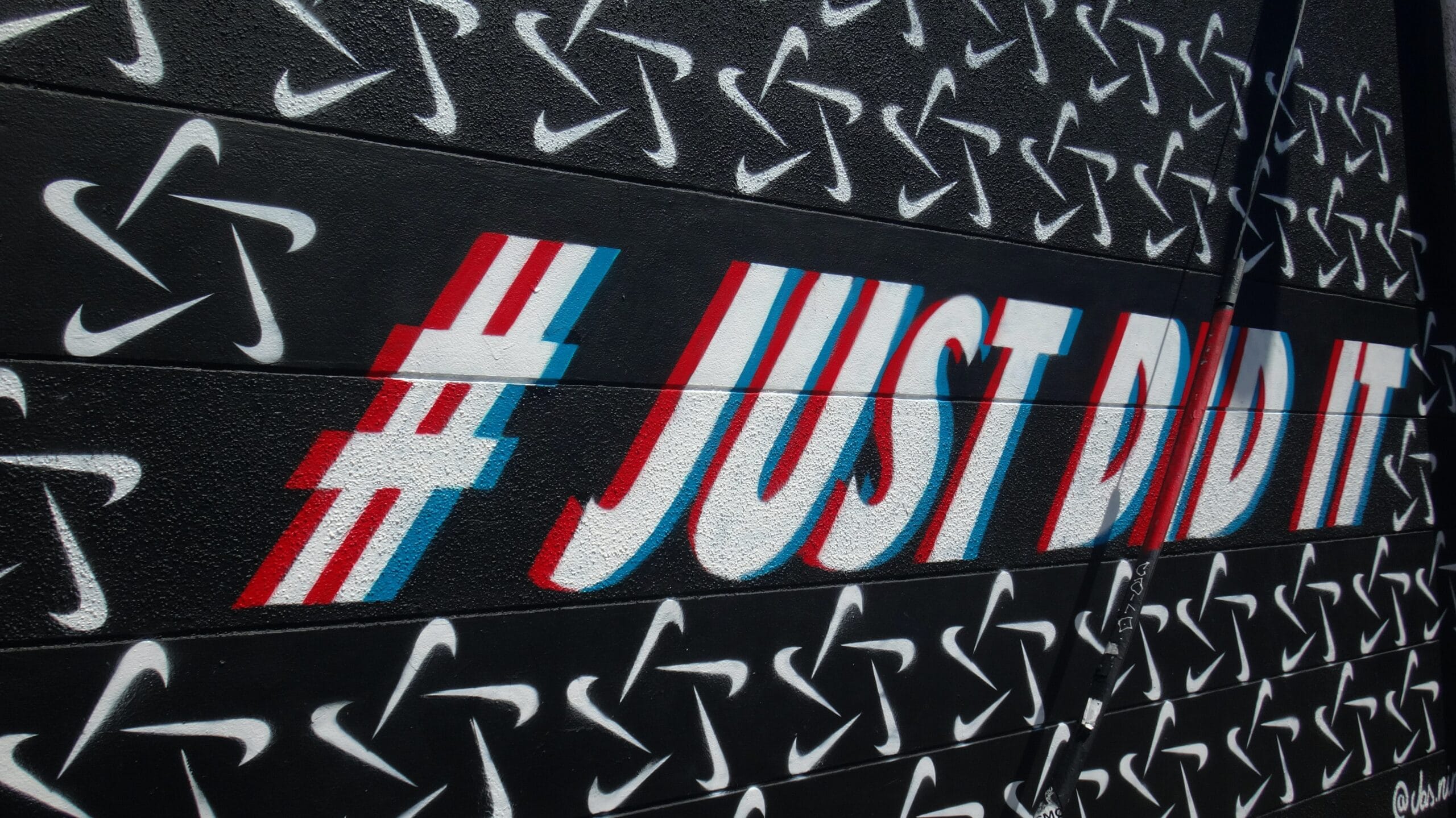Many mistakenly believe that registering a trademark for a slogan, motto, or catchphrase is simple and easy. The mistaken thought process usually goes something like this: “Put it on a t-shirt or a mug and get a trademark.” However, trademarking a slogan is not that simple. Certainly, phrases and taglines CAN be trademarked and registered by the US Patent & Trademark Office (“USPTO”). But, generally, a business wanting to use a slogan or tagline as a trademark must invest time and money in advertising and in using the slogan or motto in association with goods and services.
Why? Trademarks are words, phrases, designs, or logos that identify a commercial source for goods or services. This is the manner in which trademarks function. That is, a trademark must create an association in the minds of consumers between the trademark and goods/services that are being offered for sale. If a proposed trademark does create that association, then the trademark does not function as a trademark. And, if a proposed trademark does not function as a trademark, then the USPTO will reject the proposed trademark for registration.
There are several ways in which a slogan can fail to function as a trademark. First, slogans can fail to function by being used in a way that does not identify a commercial source of goods or services. For example, without more, placing the slogan “DO GOOD FOR EVERYONE” on a t-shirt does not identify a commercial source of goods or services. As a consumer, I see the t-shirt and the slogan, but my mind does not connect the slogan to a business or a company, not even for a business or company that makes and sells t-shirts. For similar reasons, slogans and phrases that are informational or inspirational cannot be registered as trademarks. Since such slogans/phrases are conveying information, they are not functioning as trademarks. Likewise, if consumers are accustomed to seeing a slogan or phrase used in connection with various goods or services, then, again, the slogan/phrase cannot function as a trademark.
But, as noted, slogans and phrases CAN function as trademarks if sufficient advertising and effort is expended by a business in associating the slogan/phrase with a product. There are many famous examples like Wendy’s “Where’s the beef” advertising campaign for their hamburgers. The purpose of the advertising push is to make the slogan function as a trademark so that consumers associate the slogan/phrase with the products or services that are being offered for sale. Similarly, over time, certain phrases and slogans can become associated with certain people or businesses. An example is “I pity the fool” which is a well-known catchphrase used by the actor known as Mr. T from the 1980s television show the “A-Team.” The actor was able to register the phrase as a trademark for clothes, baseball caps and other items because the phrase had become associated with him over the years in the minds of consumers.
Thus, the key to being able to trademark a slogan or catchphrase is ensuring that the slogan/catchphrase functions as a trademark. This can be accomplished with lots of advertising or through consistent and constant use associated with a person or business over time.
Contact Revision Legal
For more information or if you have questions about creating and registering a trademark, contact the trademark lawyers at Revision Legal at 231-714-0100.




